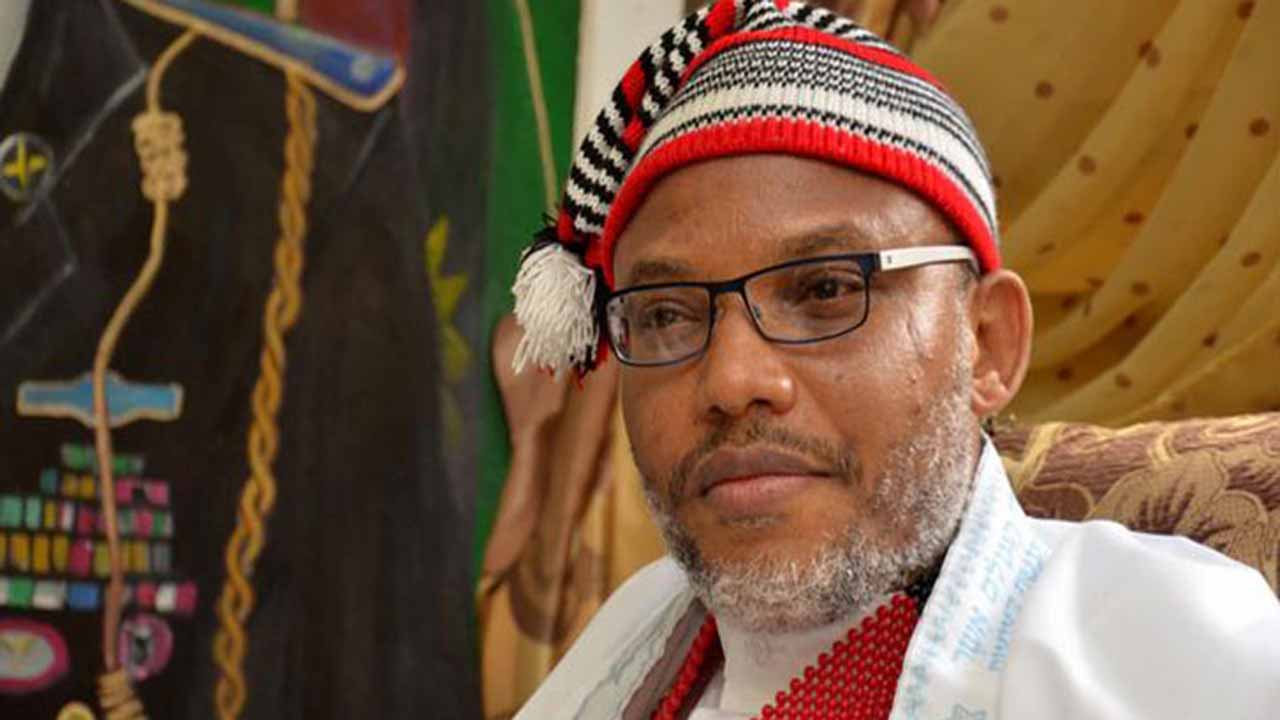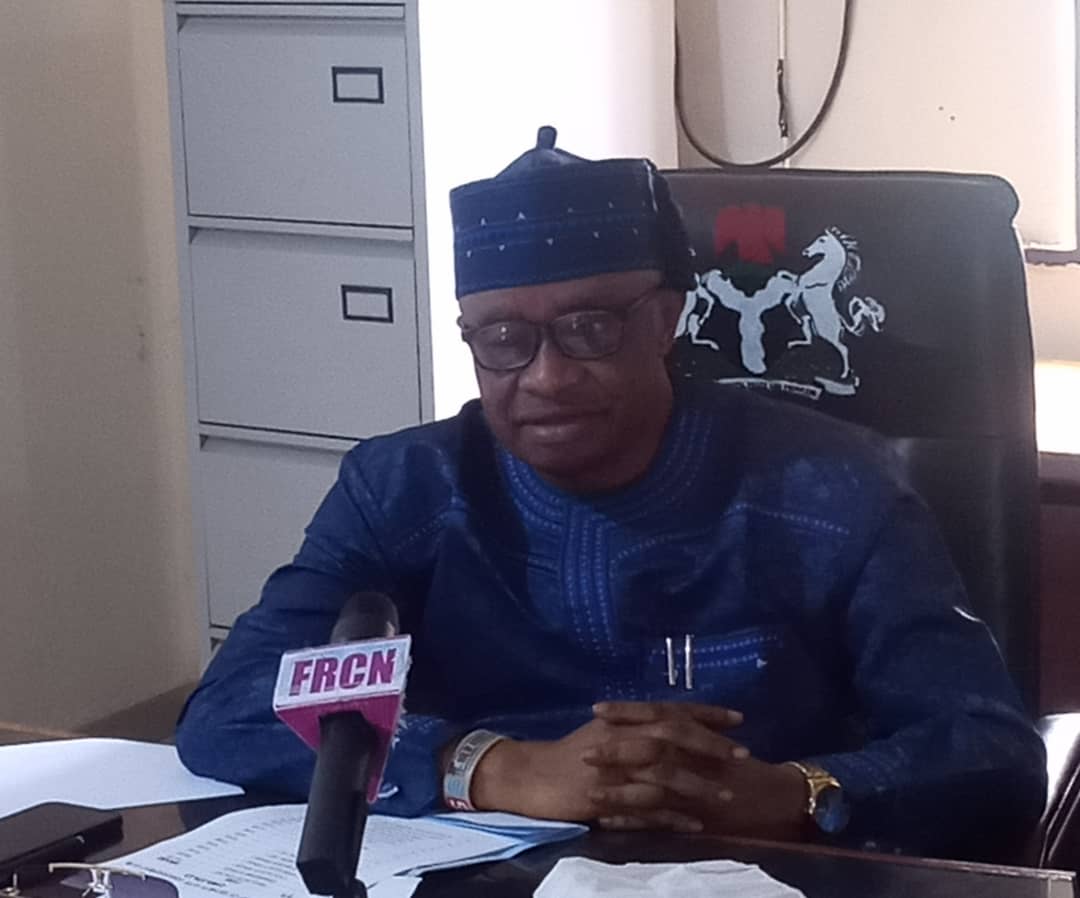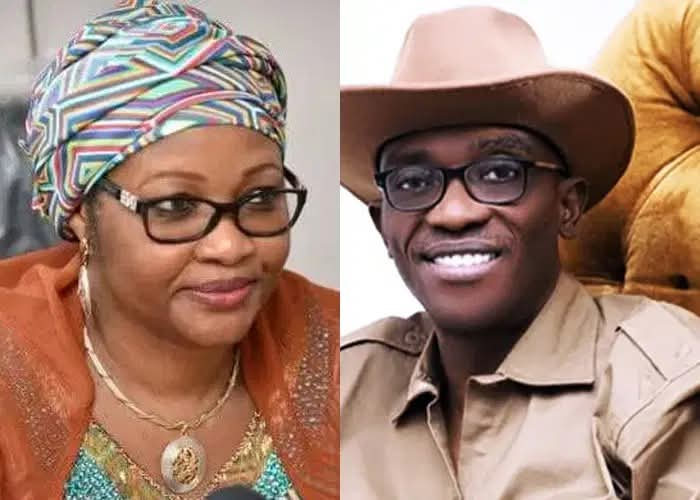For violating the rights of the leader of the Indigenous People of Biafra (IPOB) Nndi Kanu a High Court in Umuahia, Abia State, on Wednesday ordered the Nigeria Government to pay him the sum of N1 billion
The presiding Judge Benson Anya described the invasion of Kanu’s Afaraukwu residence as notorious and brazen.
He also ordered the Nigerian Government to issue a public apology to the IPOB leader in three national dailies and advised that a political resolution be adopted in resolving Kanu’s case.

Kanu in a suit filed through his counsel, Aloy Ejimakorm accused the government and Abubakar Malami, Attorney-General of the Federation (AGF) of allegedly violating his fundamental human rights.
DSS director-general was also joint in the suit.
Other respondents include the Federal Government of Nigeria (first), chief of army staff (third), inspector-general of police (fifth), and three others.
Kanu also asked the court to compel the government, Malami and DSS to pay him N5 billion in damages as monetary compensation for the “physical, mental, emotional, psychological and other damages” suffered as a result of the alleged infringement on his fundamental rights.”
He also sought damages for the invasion of his father’s house on September 10, 2017, by the military.



